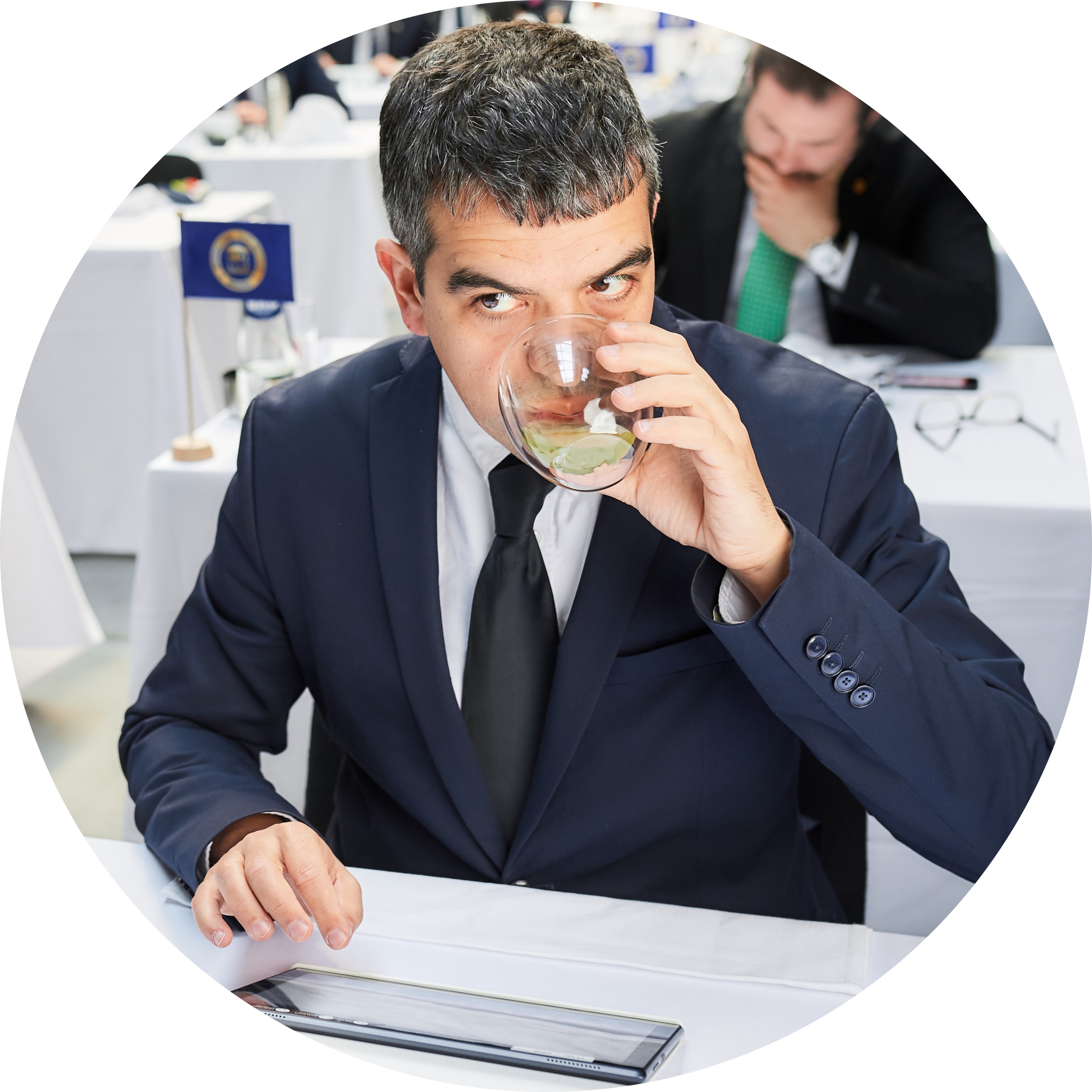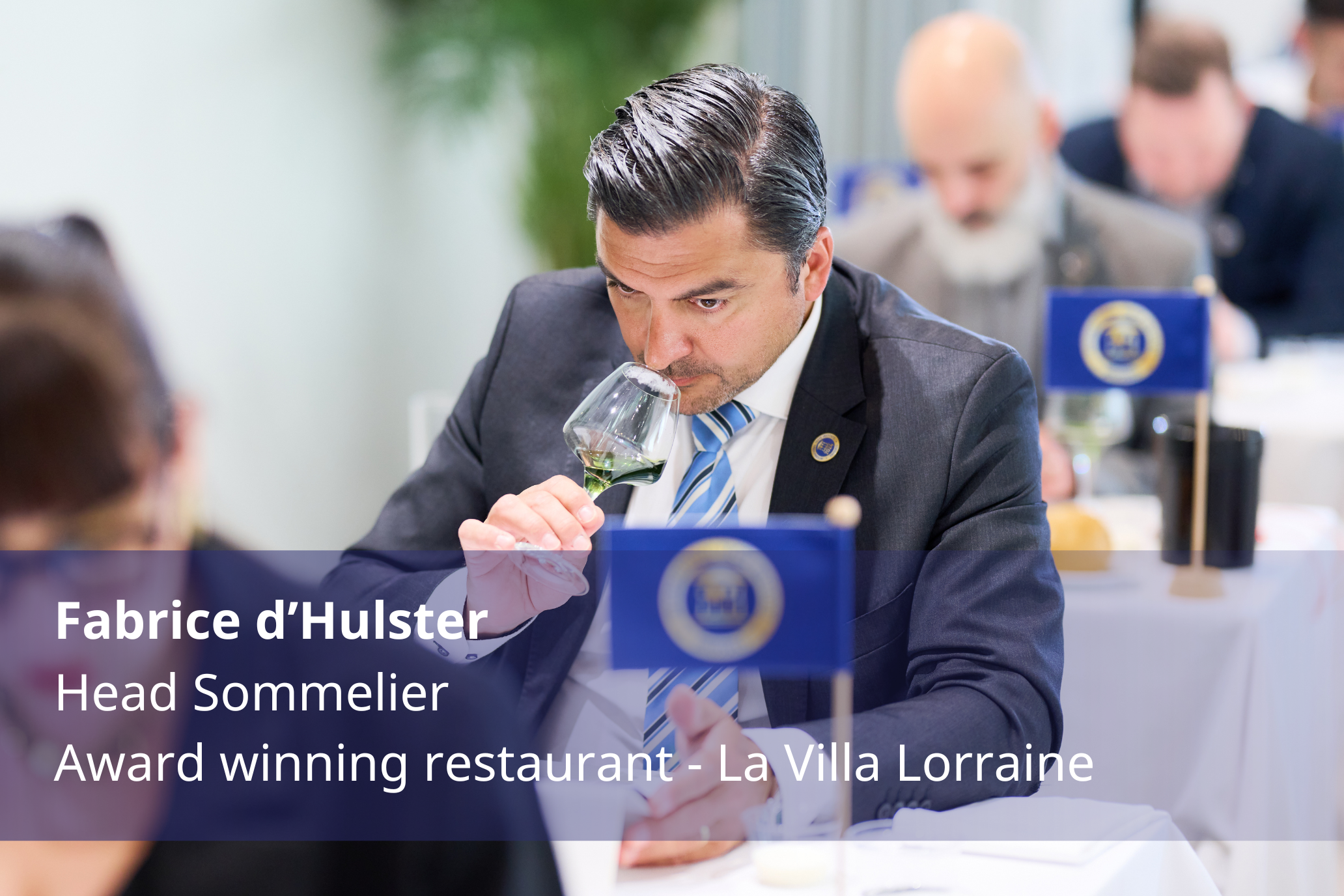The Proof of the Pudding is in its Taste
"The pandemic was very good for our business. Companies couldn't hold tasting panels because of social distancing rules and when chefs couldn't taste we had more companies coming directly to us.""Our data is more accurate than attempting gold standards based on what actually gets produced -- we can say what the best french fry is.""Quarantine has been the largest consumer shock since rationing. We're seeing huge shifts.""The world is not going to taste the same."Jason Cohen, founder, chief executive, Analytical Flavour Systems
 |
It's not just thinking about food, viewing food and anticipating a meal that begins the salivating expectation process, but primarily, the smell of food. Enticing aromas, fragrances and smells redolent of the constituents of a meal focus our minds on one of the most pleasurable sensations that humans experience, quite aside from the dire necessity to consume food. But we take pleasure in the sensuous feeling of eating food that captivates us through its gustatory flavours wafting on the air toward our nostrils.
So what happens when we can't smell what we're eating? Doubly compromised when our sense of taste is also affected. Our pleasure is totally reduced, compromised by the absence of the most fundamental aspects of food attractiveness. Eventually, some people will recover their sense of smell and that of taste, and there are restorative courses in 'smell training', recapturing the bliss we feel when our noses pick up food scents and spur hunger.
Things are never as simple as they seem, however. There are wider consequences of the impact this coronavirus has had on humanity. Simply put, tried-and-true commercial-grade recipe formulas for well-loved food products are also changing as industry insiders warn that food and drink tastes different, a situation that has arisen as a result of so many sommeliers and expert food tasters having lost their sense of taste and smell after being infected with COVID.
A situation that has resulted in wine producers and research chefs being taste- and smell-impaired. As a result, food-product teams had little option but to arrive at alternate ways of coding, assessing and amending flavours and formulae. Research chefs and tasting panels could no longer be relied upon for their expert opinion on flavours in wines and food combinations; their sensory abilities no longer reliable.
The alternative has been food assessment companies such as Analytical Flavour Systems, a business geared to the use of artificial intelligence in modelling preferences in flavour, aroma and texture, all vital signposts of food excellence geared to taste attractiveness. No longer are food producers reliant on research chefs to arrive at gold-standard recipes. For the foreseeable future they are dependent on AI platforms.
Palettes have undergone change as well, linked to lockdowns where people in isolation tended to consume fewer soft drinks, lowering tolerance for artificial sweeteners. The logic is that since people's senses may have been altered permanently, a total re-write of what once worked well to present taste-perfect products no longer works. The food industry experts have involved themselves in retraining their senses.
 |
Restaurant somelliers, along with food and drink tasters have all had to undergo a re-learning process to remain in the food industry.
One of whom was Federica Zanghirella, vice-president of the UK. Sommelier Association who lost her sense of smell in March 2020, while teaching a class.
"Some students say they couldn't tell their bosses or head sommeliers because it was too risky for their careers so they had to use their knowledge of ingredients and flavours", she explained.

Labels: Chef Tasters, Food Producers, Loss of Smell, Loss of Taste, Pandemic, Sommeliers

0 Comments:
Post a Comment
<< Home